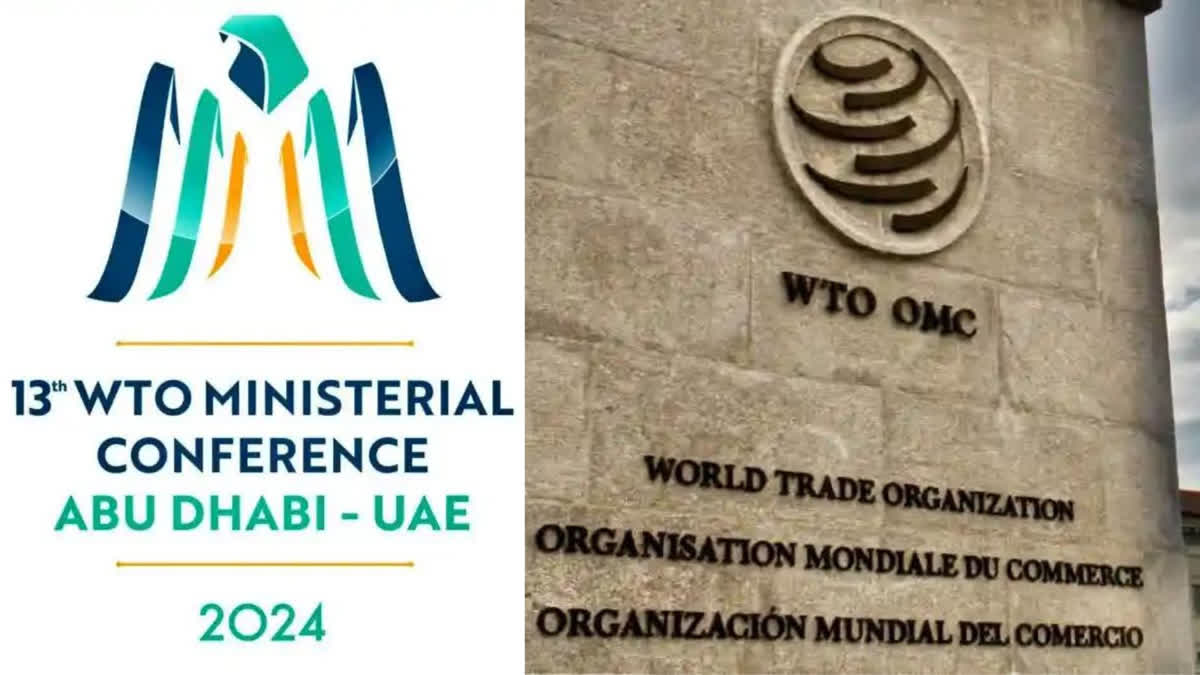Abu Dhabi : India emphatically called for the restoration of the Appellate Body as the top-most priority of any reform process at the working session on Dispute Settlement (DS) Reforms at the World Trade Organization’s 13th Ministerial Conference today
During the Working Session, WTO members noted that the Appellate Body - the appellate arm of the DS system - had been non-functional since December 2019, due to the blocking of the appointment of its members by the United States. This called into question the WTO’s overall credibility and the rules-based trade order it upholds.
India recalled the commitment of WTO members of the 12th Ministerial Conference to conduct discussions with the view to having a fully and well-functioning dispute settlement system accessible to all Members by 2024.
India reiterated its long-standing position that a credible and reliable WTO DS system is the bedrock of an equitable, effective, secure, and predictable multilateral trading system. India emphasized that the outcome of any reform process should provide for the restoration of the Appellate Body, which remains a top-most priority for India.
Moreover, India recalled that for the past year, it had engaged in good faith in the facilitator-driven informal DS reform discussions between certain members, despite several deficiencies with the process. The format and pace of the informal discussions had posed significant challenges for most developing countries, particularly the least-developed countries (LDCs), from the outset. The informal organisation of these discussions made it extremely difficult for developing countries to participate effectively.
As a way forward, India sought the immediate and effective formalization and multilaterisation of the informal DS reform process by rectifying the procedural and substantive defects. To this end, India proposed a three-point action plan for members.
First, to transition the discussions on dispute settlement reforms to WTO formal bodies, preferably under the guidance of the Dispute Settlement Body Chair to meet the mandates of of the MC12 Ministerial Declaration.
Second, to ensure that the transition is not just a mere formality but results in an effective multilateralization of the process which is Member-driven, open, transparent, and inclusive, taking into account the myriad capacity and technical challenges of developing country Members and LDCs. Members should be provided an opportunity to bring in new proposals at any stage, and the resulting text should be fully representative of the views in the room and be consensus-based, with hybrid participation being permitted.
And finally, India wants to prioritise the restoration of the Appellate Body.
Read More



